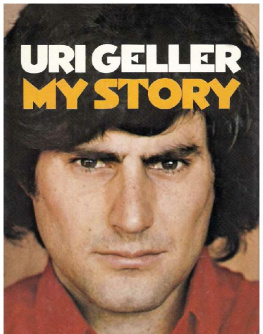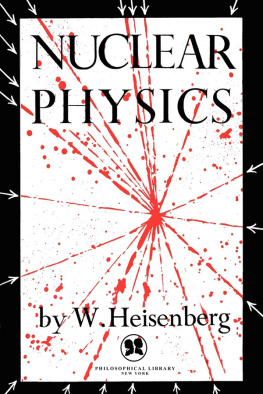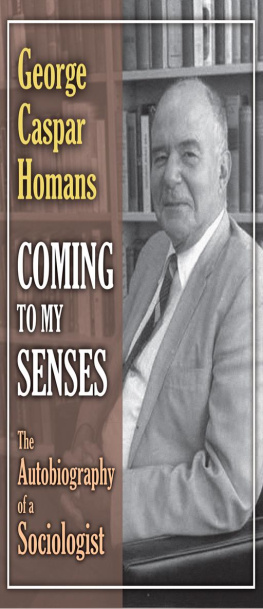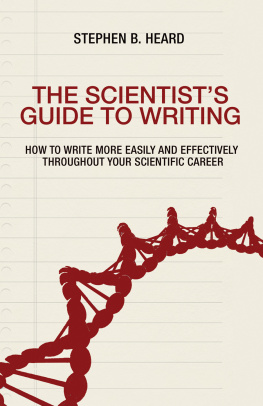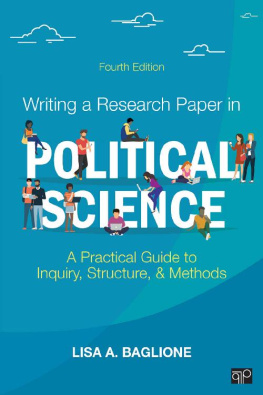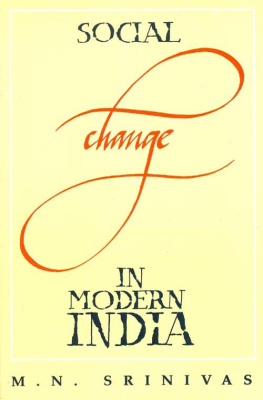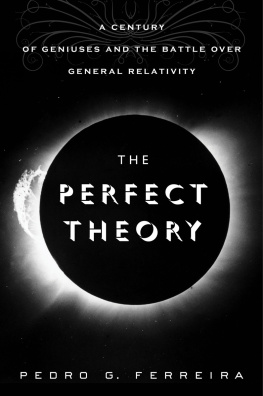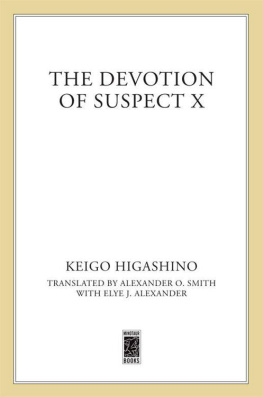HIDEKI YUKAWA
TABIBITO
(The Traveler)
Translated
by
L. Brown & R. Yoshida

1982 by World Scientific Publishing Co. Pte. Ltd. All rights reserved. This book or parts thereof, may not be reproduced in any form or by any means, electronic or mechanical, including photocopying, recording or any information storage and retrieval system now known or to be invented, without written permission from the publisher.
ISBN 9971-950-09- X
ISBN 9971-950-10-3 pbk
Cover designed by Galen Song
Typesetted by AZ Graphics
Printed by Singapore National Printers (Pte) Ltd.
Contents
Foreword
My fiftieth birthday occurred in January last year; on that day I had lived just half a century.
The path I had taken was not a difficult one, measured by the usual standards. I was born in a scientists family and grew up with brothers who each became a scientist in one or another area; my education was broadly liberal; I did not toil in worldly ways. I had a fortunate environment.
But my academic life is not so easy to analyze. While I was lucky in some ways, it cannot be denied that I experienced greater hardships than some others. Physics is a science that has made rapid progress in the twentieth century. It could be said that I simply rode with the incoming tide of a new science doing what I liked to do as I liked to do it. Nothing certain can be said except that I desire, as I did in the past, to be a traveler in a strange land and a colonist of a new country.
Sometimes a colony that once yielded a rich harvest is cast aside. Todays truths may tomorrow be disproved, and that is why, from time to time, we must look backwards in order to find the path that we must take tomorrow.
I have spoken of two paths, but in actuality there is but one. For the path I took as a scientist is the same one I took as a person. During the past twenty years, I have written about my past in several brief essays. Others have written various things about me; there are several biographies. The public already has a certain image of me as a person, and I want to offer some material that can be used in judging that image.
When a person looks in the mirror, he sees the face that is seen by others. Yet a listener may be surprised when he reveals the inner self that is not seen by others. The two different views may be hard to reconcile; especially so in my case, because I have always had trouble expressing myself. Also, I tend to view matters subjectively, and if I try to be objective I may betray myself.
In any case, not even I can perceive clearly what is about to take shape. The publisher (Asahi Shinbun) has given me a chance to fulfill the desire that came to me near my fiftieth birthday. During the past year, I have worked on this book in my spare time; two months ago I had my fifty-first birthday.
I plan to write about my relatives, within limits; my friends and teachers will also take part. A large part of this memoir should be called Hideki Ogawa and his surroundings , rather than The autobiography of Hideki Yukawa , for Ogawa is the name of my fathers house.
Hideki Ogawa was born in 1907 at old Tokyos Ichibei-cho Azabu. The house smelled of plum blossoms each spring.
January 23, 1957 Hideki Ogawa assumed his wifes family name upon his marriage.
Chronological Table
1907 Jan. 23 | Hideki Ogawa was born in Tokyo, Japan. |
1908 (1 year old) | His father Takuji Ogawa became professor of geography at Kyoto Imperial University and he moved to Kyoto with his family. |
1913 (6)1919 (12) | He went to Kyogoku Primary School, Kyoto. |
1919 (12)1923 (16) | He went to Kyoto Prefectural First Middle School. |
1923 (16)1926 (19) | He was a student of The Third High School. |
1926 (19)1929 (22) | He studied physics in the Faculty of Science, Kyoto Imperial University. |
1929 (22)1932 (25) | Unpaid junior research associate of Kyoto Imperial University. |
1932 (25) | He married Sumi Yukawa and became a member of the Yukawa family. |
1932 (25)1934 (27) | Lecturer of Kyoto Imperial University. |
1933 (26)1936 (29) | Lecturer of Osaka Imperial University. |
1934 (27) | He delivered a talk On the Interaction of Elementary Particles I at the Regular Monthly Meeting of the Physico-Mathematical Society of Japan held at the Imperial University of Tokyo on November 17, in which he proposed a new field theory of nuclear forces and predicted the existence of the meson. He submitted an article on this theory for publication to the Proceedings of the Physico-Mathematical Society of Japan. |
1935 (28) | The above article was published in the Proceedings. |
1936 (29)1939 (32) | Associate Professor of Osaka Imperial University. |
1936 (29) | His first book Theory of Beta Decay was published in Japanese. |
1937 (30) | He published On the Theory of Elementary Particles II with Shoichi Sakata. |
1938 (31) | He published On the Theory of Elementary Particles III and IV in collaboration with Shoichi Sakata, Mituo Taketani and Minoru Kobayashi. He received a Ph.D. from Osaka Imperial University. |
1939 (32)1970 (63) | Professor of Kyoto Imperial University. (The university was renamed Kyoto University in 1947). |
1939 (32) | He visited Europe, on invitation, to The Solvay Conference on Elementary Particles and their Interactions but, due to the outbreak of World War II, the conference was cancelled. Then he traveled to U.S.A. where he met many physicists and delivered lectures on the meson theory. |
1940 (33) | He was awarded the Imperial Prize of the Japan Academy. |
1942 (35) | He published a series of articles On the Foundation of the Theory of Fields in Kagaku (Science) in Japanese. These articles were the first publications of his efforts to construct the quantum field theory without divergent difficulty. |
1943 (36) | He was awarded the Order of Decoration of Cultural Merit of Japan. |
1946 (39) | He founded an academic journal in European languages: Progress of Theoretical Physics . |
1948 (41)1949 (42) | Visiting Professor of the Institute for Advanced Study in Princeton, USA. |
1949 (42)1953 (46) | Professor of Columbia University in New York, USA. |
1949 (42) | He received the 1949 Nobel prize in physics for the meson theory of nuclear forces. |
1953 (46) | He returned to Japan. |


